What Is Decentralized Science (DeSci)?
Decentralized science refers to the use of blockchain technology, and its features such as tokens, NFTs, and decentralized autonomous organizations (DAOs), to make various aspects of scientific research and collaboration more open, incentivized, and community-driven.
Key Takeaways
-
DeSci uses blockchain and decentralization to reform funding, data sharing, publishing, and collaboration in science.
-
Projects like VitaDAO, AthenaDAO, and GenomesDAO are the biggest projects that carry the DeSci narrative.
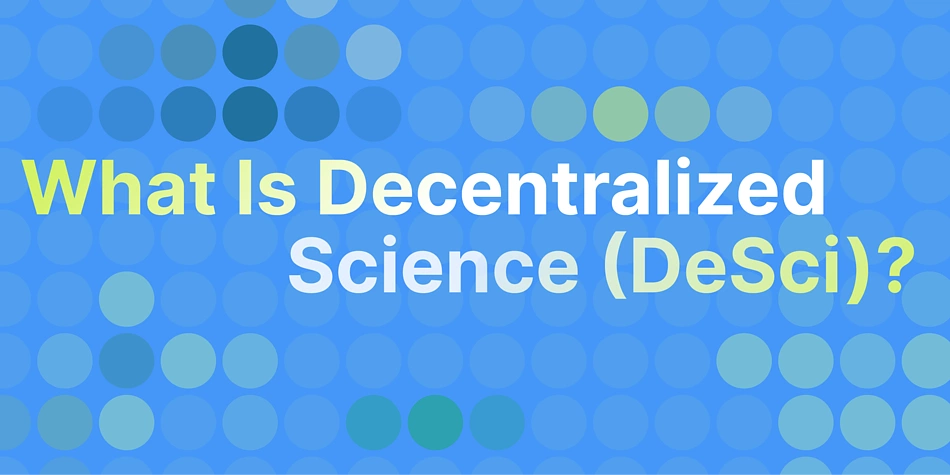
As many revolutions are facilitated by technology and most of them discussed on CoinGecko often center around decentralized systems, the scientific industry will undergo a similar shift – a shift in the way of research, publishing, funding and new forms of collaboration that try to offer solutions to many problems in the scientific field. In this article we are going to examine this relatively new narrative: decentralized science (DeSci), and take a closer look at the most prominent projects that have big ambitions in this field.
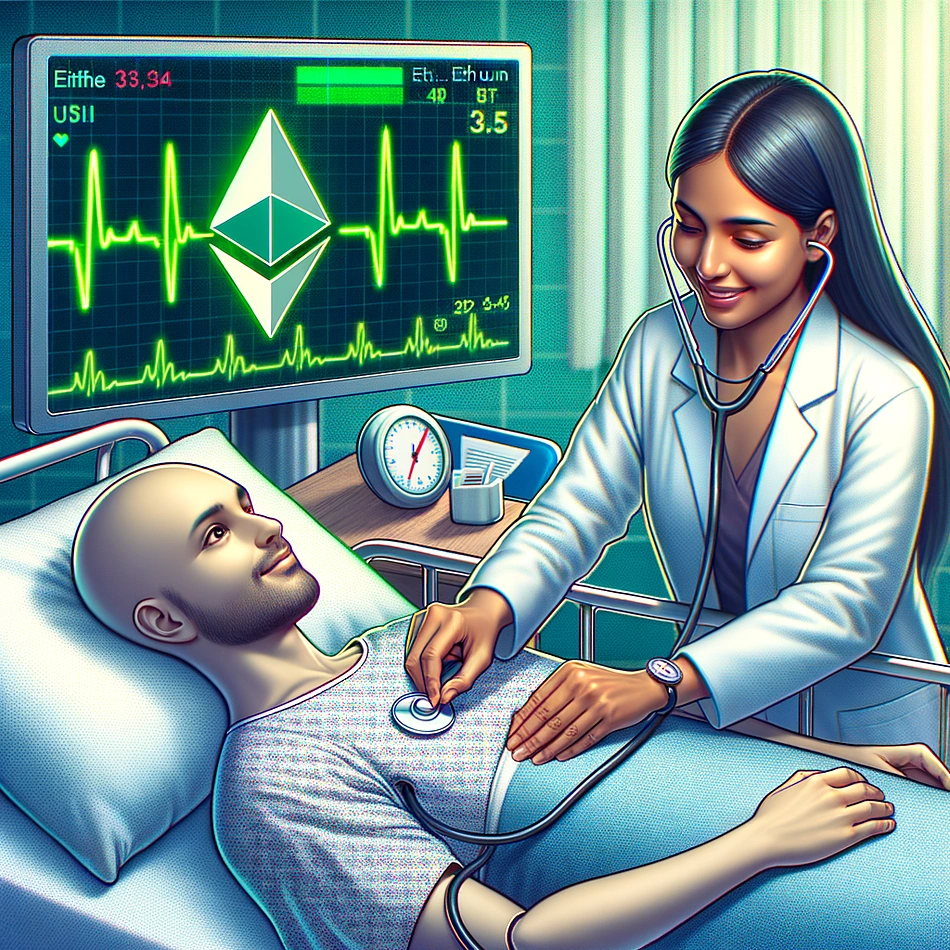
Understanding Decentralized Science – DeSci?
In an interview, the creator of Ethereum, Vitalik Buterin, described decentralized science as a collection of ideas that aim to answer the question:
"What are some ways in which emerging open decentralized technologies can make science better?"
- Vitalik Buterin on Decentralized Science, Aging, AI and Scientific Progress
This quote encapsulates the core ideas behind decentralized science.
So before a new landslide of buzzwords linked to blockchain comes to mind, let us focus on the first and foremost use case of decentralized blockchain technology, which can be used to improve institutions, form better collaboration, and enhance the processes of getting funding.
In general, the newly coined term DeSci, or decentralized science, is a broad concept that encompasses many dynamic methods and topics aimed at democratizing scientific research and discovery.
You could ask yourself if there's an online community of scientists conducting research in a non-hierarchical and loosely organized manner, but that has never used terms like Web3, DAO, crypto, or blockchain. Should that still be considered DeSci?
Problems in The Traditional Scientific Field and the Valley Of Death
A frequently used metaphor in the landscape of traditional science is the 'valley of death', which refers to the context of research and innovation – specifically, the critical period between fundamental scientific research and the successful development and translation of that research into innovations that benefit patients.
Crossing this 'valley of death' demands a novel, more effective approach, and blockchain technology with its distinctive characteristics may assist with addressing this challenge. In the following sections, we examine specific issues at certain levels that generate this hurdle and explore how decentralized science solutions are working to mitigate these problems.
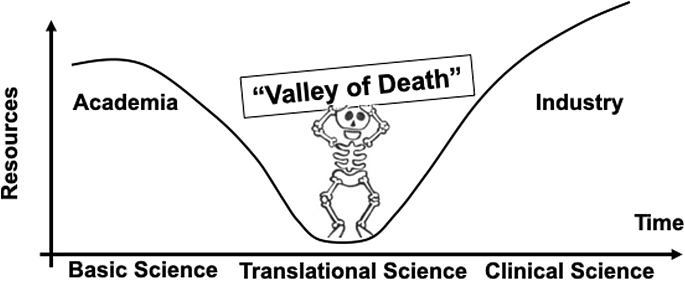
There are many areas in the scientific field that are in desperate need of innovation, and apart from the solutions that many DeSci projects tend to offer, probably many more branches could use an upgrade and will in the future.
Currently, key focus areas of decentralized science are:
-
Data Sharing: The overcoming of archaic systems for data sharing, data provenance, ownership, and sovereignty.
-
Research and Publishing: The revolution of the research and publishing process that has been a point of criticism in scientific communities.
-
Funding: With the rise of borderless and immutable funding facilitated by crypto, a new way of crowdfunding is introduced for scientific research.
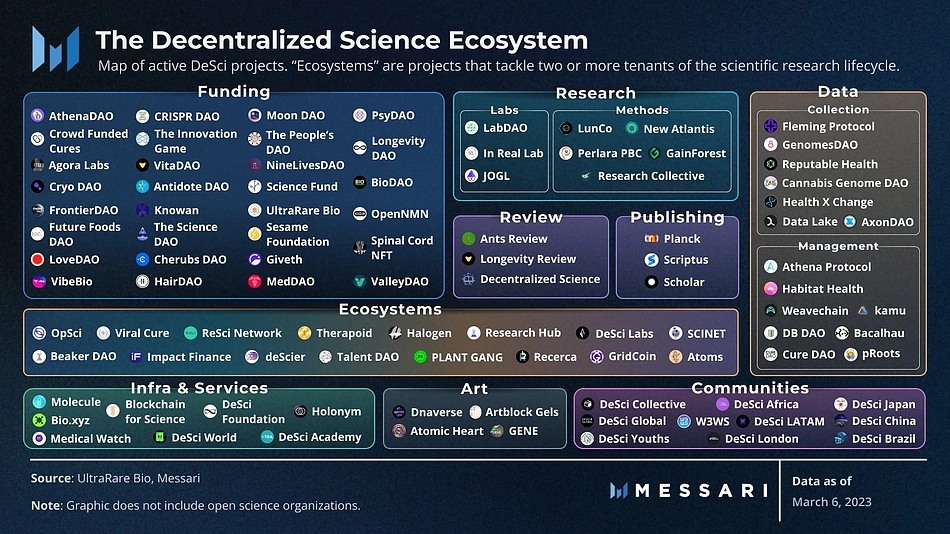
In the next section, we will take a look at some projects that put themselves on the decentralized science spectrum, of which many label themselves as decentralized autonomous organizations (DAOs).
Research and Publishing
One of the biggest challenges faced by traditional science, and made clear to anyone involved, is the extensive list of requirements that must be checked off before research can even begin, let alone publication if that milestone is reached. Here are some of the challenges:
Peer Review Problems
Peer reviews serve an important purpose but can provide limited value while significantly slow down the communication of new insights. Not only may they give a false impression of quality assurance, favorable reviews are sometimes essentially required for publication.
Intellectual Property
An additional complication is intellectual property (IP) protections like patents, which can hinder the open sharing of information and halt scientific progress. Many universities have embraced patenting as a potential revenue source, establishing strict policies governing the use of any 'proprietary' work.
Gatekeeping
On top of constraints around the research process, there are also concerns around publishing. Even if scientists want to publish their findings, scientific journals still control whether the work sees the light of day. Serving primarily as gatekeepers over all research, their priorities often lie elsewhere than enabling open science and may revolve more around their business objectives.
High Fees
Many scientific journals face criticism from the academic community for their high open-access publication fees, with accusations of unethical profit margins that outstrip some of the tech giants.
Much of these gatekeepers' revenue is derived from the unpaid labor of academics who review and author research papers – efforts generally supported by public and charitable funding sources. Is this how it needs to end, potentially preventing life-changing discoveries from ever seeing publication?
Blockchain Solutions for Research and Publishing in Science
This brings us to how blockchain technology can potentially offer solutions around improving research and publishing in science.
Open Science – Decentralization
Decentralization that restructures known centralized structures and its problems is necessary. An approach to (a more) open science, where platforms reinvent themselves as open collections that have an emphasis on open sharing and where peer review should not add unnecessary delay.
This new system could recognize various forms of scientific contributions beyond journal publications, because science has known many breakthroughs at the hands of those that were not part of the scientific establishment. These contrarian ideas can and have disrupted the mainstream of scientific thinking and provide a new way of looking at things.
ResearchHub: Scientific Discussions Platform Powered By Crypto
ResearchHub is a platform that wants to foster a collaborative open science model, where researchers can share their favorite research articles, discover papers, and be part of a scientific community.
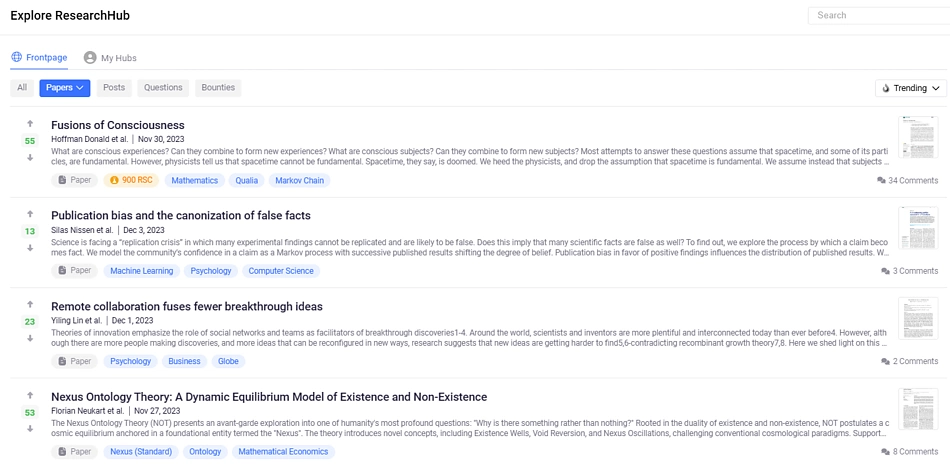
Their ultimate goal is to become the go-to platform for scientific discussions with an incentivization layer that rewards contributors and this way will accelerate scientific breakthroughs. The project is backed by Coinbase founder Brian Armstrong, who is passionate to accelerate science and tech solutions for the biggest challenges of the world. He is so passionate that he sold 2% of his stake in Coinbase to fund ResearchHub – what a philanthropist!
I'm passionate about accelerating science and tech to help solve some of the biggest challenges in the world. To further this, I'm planning to sell about 2% of my Coinbase holdings over the next year to fund scientific research and companies like @newlimit + @researchhub
— Brian Armstrong 🛡️ (@brian_armstrong) October 15, 2022
The incentivization is done by the token ResearchCoin (RSC) which is a community reward token and the currency of ResearchHub. Users will earn RSC by actively engaging with the platform – this could mean uploading papers, posting comments, and creating posts.
It can also be earned due to other users that deem your contributions worthy. On top of that, bounties can be created for community members to complete specific tasks, all incentivized with RSC.
Tokenization of Intellectual property – IP-NFTs
Non-Fungible Tokens (NFTs) have the potential to revolutionize how intellectual property is owned and managed, whereby the control and monetization opportunities shift to creators and researchers themselves rather than the organizations wherein the research was published.
They could represent unique digital assets such as research papers, patents, datasets, code, etc. and could be useful to prove ownership, all verifiable on the blockchain. The transparency factor is key here, whereby peer review processes could also be tracked fully with names of reviewers and published reviews.
Funding in Traditional Science
Traditional science knows a long, drawn-out funding process, riddled with administrative problems and regulations imposed by different agencies that could require more than just a refresher.
Extensive Grant Applications
In traditional academia, there is a need to write extensive grant applications where much of the work must be outlined beforehand. This long duration of pre-publication work could hinder risk-taking and innovations. On top of that, in order to get funding, researchers are being pushed in a direction where they favor their potential financiers.
Misaligned Interests
The small concentration of top contributors – where private industry is the largest source of most funding – has an undeniable conflict of interest that biases research outcomes in favor of the interests of the sponsors.
Lack of Incentives
On top of this, we can observe that scientists are not sufficiently rewarded for practices like transparency, replication of others' work, and high-risk/innovative ideas, which potentially results in many routes not taken and shots missed.
Blockchain Solutions for Funding in Science
Been reading about biotech, thinking about how to use crypto to accelerate research funding there.
— CZ 🔶 BNB (@cz_binance) November 27, 2023
Keep building!
Now, let's look at some blockchain solutions to solve the challenges around funding in science.
Funding Through Tokenization
IP-NFTs could not only represent ownership of intellectual property, as mentioned above but could also open the door for fundraising of projects. Scientists can sell their IP-NFTs to investors who benefit from IP revenues. It can improve bridging the 'valley of death' by bringing liquidity into the early stage of development through tokenization of intellectual property.
Molecule Protocol: Science and Intellectual Property NFTs
Molecule is a platform that bridges the gap between biomedical research projects and the funding they require to progress. It serves two main types of users: researchers and investors.
Researchers that have a specific research aim, project, or idea could find different types of investors, ranging from traditional pharmaceutical venture capitalists to patient advocacy groups and DAOs.
Molecule's goal is to provide biotech DAO builders with IP-NFT legal frameworks, organizational templates, funding, talent, and more. DAOs for specific diseases funded by patients and researchers can tighten feedback loops.
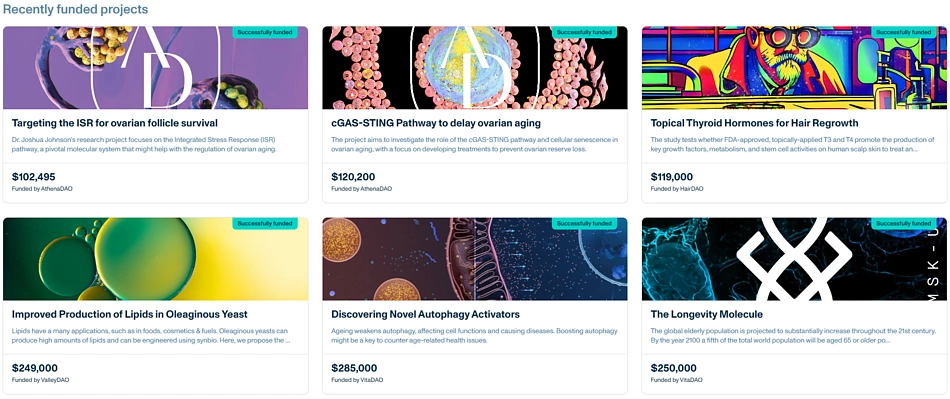
Intellectual Property Non-Fungible Token (IP-NFT)
The platform will work with an IP-NFT, which is similar to a standard NFT, as it manages the ownership rights to a particular asset and serves as a key to the underlying project. For instance, if a research project generates a certain dataset or obtains a patent, the IP-NFT can access this data on a decentralized data storage system. This makes the IP transactable as well.
Risk-on Funding
Funding through tokenization not only brings liquidity forward and changes the risk profile on short time horizons, but it enables a continuous fundraising or the opportunity to see if projects are worth pursuing way sooner.
This different risk profile means different types of investors with differing scales of capital can get involved. Anyone can fund and help innovation at the earliest stages. Which is a model more akin to venture capital or startup funding.
For example, we saw that Ethereum founder, Vitalik Buterin, donated $1.5 billion in SHIB to Crypto Relief India in 2021. The fund now has over $200 million, mainly in USDC. This offers a quick distribution of funds for those in need, made possible by blockchain
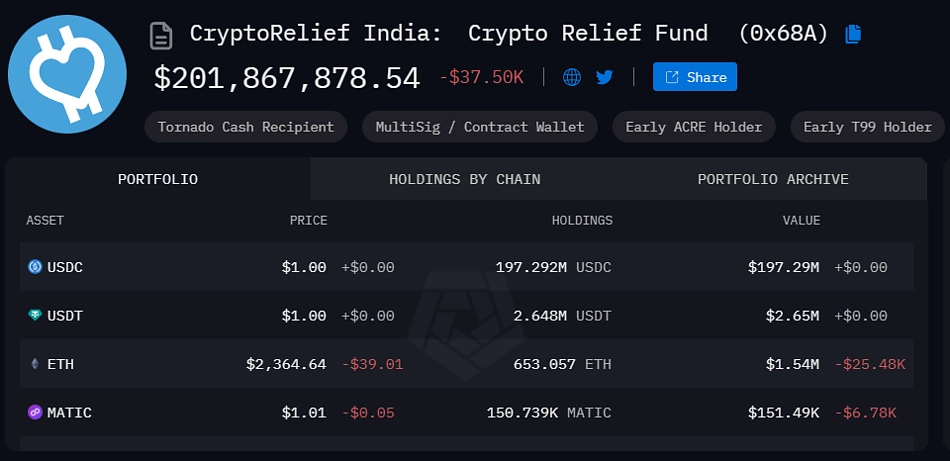
Decentralized Autonomous Organisations
Problems and challenges described above are often due to the system. The deep-seated inertia by the bureaucracy that stretches everything out, misaligned incentives controls projects must be shifted if we want different results.
A Decentralized Autonomous Organization (DAO), which refers to a wide variety of projects and innovative solutions being developed, has the unique ability to distribute funds and control processes.
This new form of decentralized organization provides a platform for like-minded individuals and could be expert-driven when evaluating funding proposals. With governance proposals from a scientific community set to be put to a chain vote.
Discussing decentralized science ecosystems cannot be done without mentioning the multitude of DAOs, which carry the new DeSci narrative, and interoperability between DAOs is the rule and not the exception.
Discussing decentralized science ecosystems can’t be done without mentioning the multitude of DAOs, which carry the new DeSci narrative. Often these organizations are joined in their quest to enhance the scientific industry and provide a platform for the like-minded. Interoperability between DAOs is the rule and not the exception.
VitaDAO
VitaDAO is the first collective that funds early-stage longevity research and wants to extend healthy human life and healthspan by collecting funds for early-stage research projects and spinning out startups to commercialize them. It has raised $4.1 million, is backed by Pfizer, and former Coinbase CTO Balaji Srinivasan.
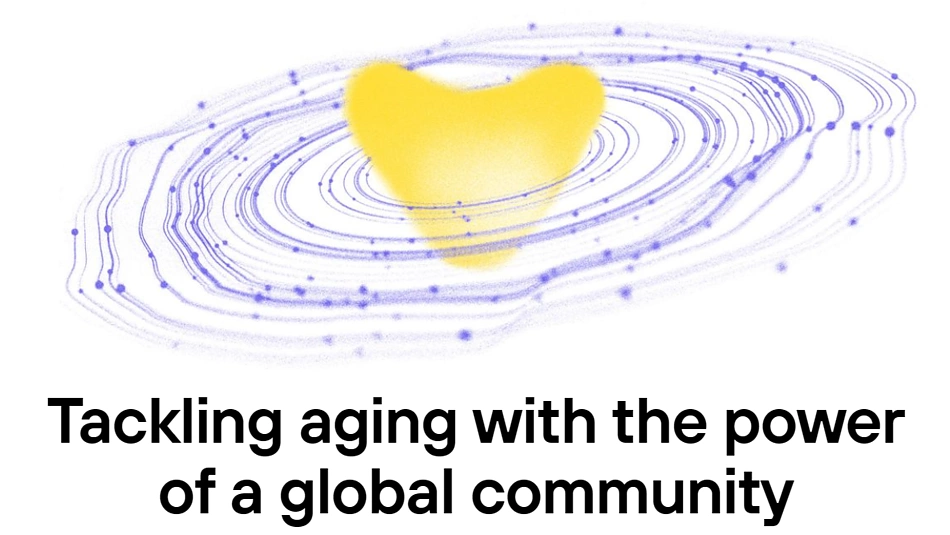
One of the most important trends is the democratization of access to emerging therapeutics in the biotech world. VitaDAO aims to decentralize these assets, making them widely accessible to people across the globe.
Over the past several decades, the biopharma system has been largely monopolized as pharma companies gained a lot of power through patents. If it was up to VitaDAO, this would change in a way they decentralize access for intellectual property and democratize their ownership, challenging the monopoly of the traditional biopharma system.
Athena DAO: Research Centered Around Women's Health
Women's health research is underfunded. In fact, menopause and its associated symptoms don't show up in global disease burden databases, which track leading causes of death and disability. This indicates a lack of research and appropriate solutions for women's health issues, which could have major consequences.
Athena DAO's mission is to change the landscape of women's health research. A global decentralized community is needed for a critical shift in improving the understanding and treatment of women's unique health needs and conditions.
Athena DAO is evaluating emerging therapeutics, computational models, and projects related to conditions like ovarian aging, menopause, PCOS, endometriosis, and uterine fibroids, among others.
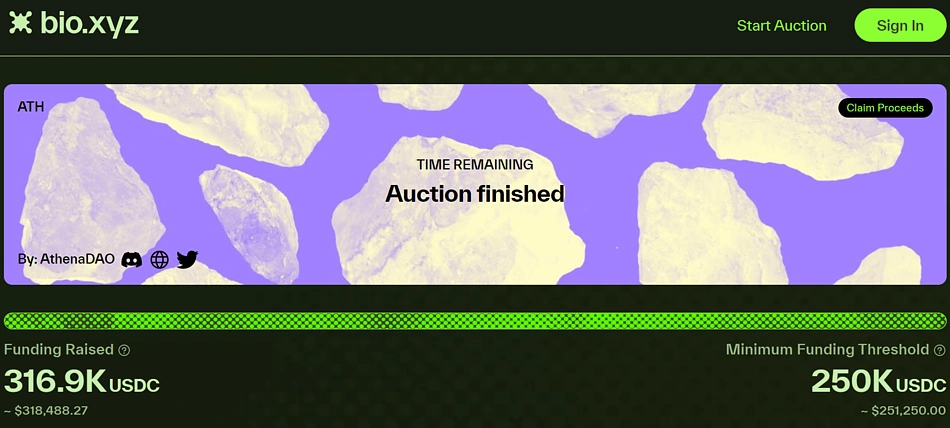
Valley DAO: Synthetic Biology Solutions for Climate Change
ValleyDAO is a community of scientists, entrepreneurs, and enthusiasts that is democratizing access to synthetic biology, a field with significant potential for addressing global sustainability challenges.
By engineering new biological systems and modifying existing ones, synthetic biology can be used to address challenges in climate change, disease, food, and energy production. For example; developing new sustainable sources of energy, creating bacteria that can clean up pollution, and growing crops that are more nutritious.
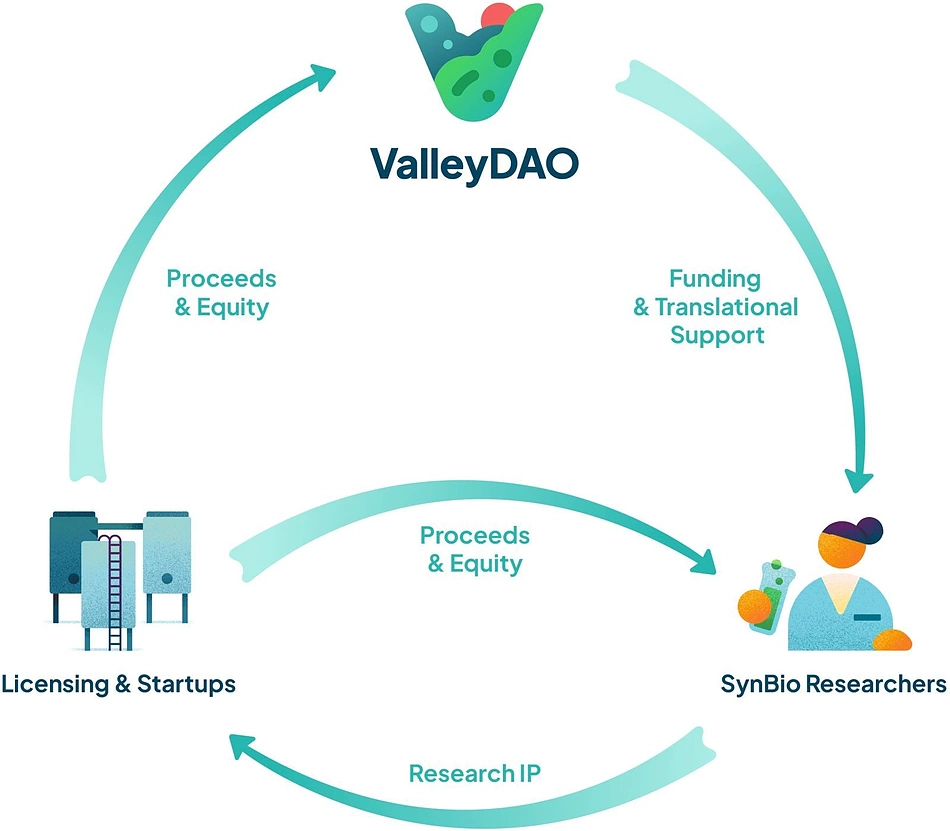
Bio.xyz: The DeSci DAO Accelerator
Bio.xyz is an accelerator of some of the DAOs discussed above, such as VitaDAO, ValleyDAO, and AthenaDAO. This means that with the Bio.xyz Launchpad, they can acquire tokens generated through token auctions.
To apply for the BioDAO launch, interested individuals are required to submit an application, which will be thoroughly reviewed. After successful applicants are selected, they will receive the first installment of funding based on meeting the necessary milestones for their BioDAO launch. Non-DAO participants can also join live auctions, ensure a sufficient balance in their wallets, place bids, monitor auction progress, and claim token allocations.
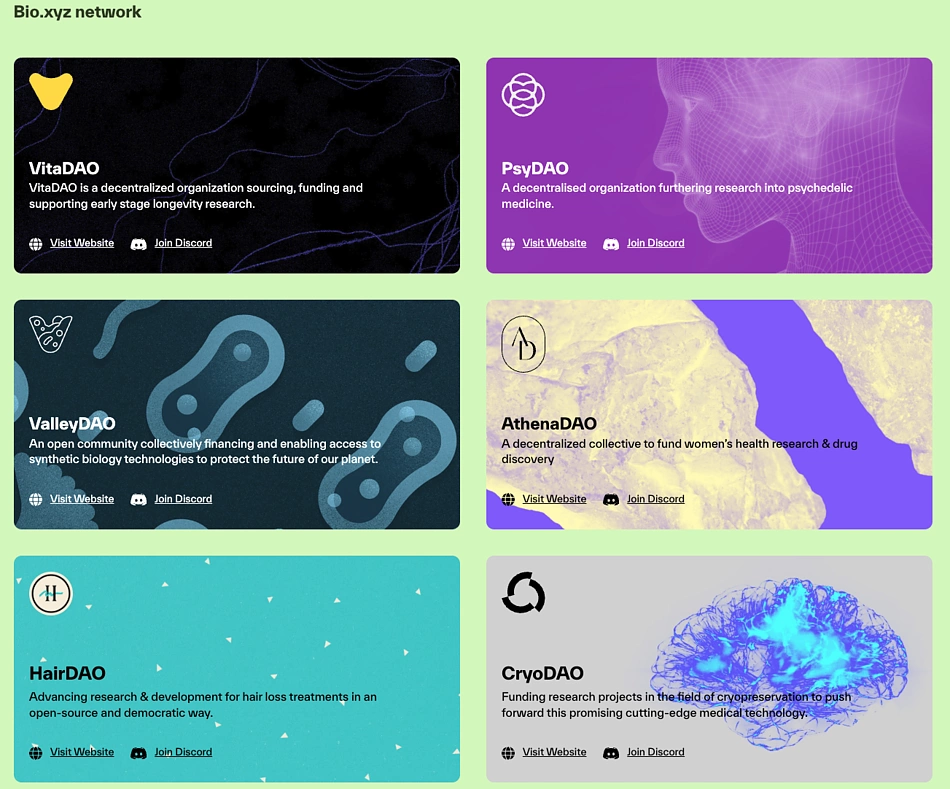
Genomes DAO
GenomesDAO is built on the belief that every individual should own their genome. Their aim is to build the world's largest user-owned genomics database and share it to the public, organizations, and researchers. It strives to meet the increasing expectations of research organizations, institutions as well as customers for the security of genomic data and the quality of research workflow.
The data is stored securely in the user's personal DNA Vault, which they control using the Genomes mobile app. Researchers, from pharmaceutical/biotech companies to academia, can easily query databases in a way that allows understanding disease causes and developing new drugs, without compromising the privacy or ownership rights of individuals
How Can You Get Your DNA Sequenced on Genomes?
Get Your DNA Sequenced with Genomes.io:
- Click "Get DNA Sequenced" and log in.
- Choose a sequencing provider and order a kit.
- Activate your kit online using the code from the kit.
- Download the Genomes.io app.
- Scan the QR code from the kit activation page.
- Follow the instructions to complete the process.
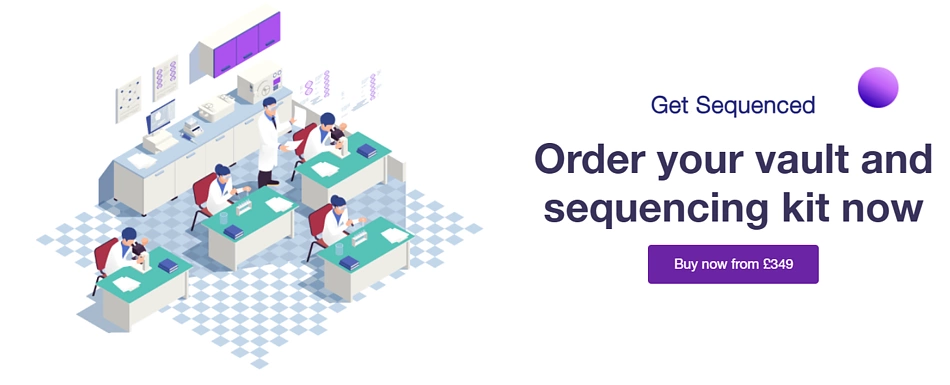
The integration of DAOs in scientific research can not only democratize decision-making but also pave the way for more collaborative and open scientific research – a revolutionary step forward.
What is the Future of DeSci?
The future of DeSci is being shaped as we speak, with much debate around its effectiveness and necessity. Some will argue that it will encourage more inclusivity and freedom in conducting scientific research, while others worry that it may face heavy resistance in traditional academic circles and big pharma that are, with the help of regulators, sometimes too big to fail.
The decentralized future of science shows great potential if enacted properly and carefully. It could give birth to new economic and social systems that reshape the priorities around progress over profits.
Conclusion
The intersection of blockchain technology with science offers a compelling pathway to address the systemic challenges of the 'valley of death', such as inefficient peer review, intellectual property disputes, and funding obstacles.
Perhaps DAOs have the potential to counter pharmaceutical monopolies into aligned, collaborative communities that optimize capital and labor for the benefit of patients. Though early, they constitute an exciting new frontier for decentralized science.
But let us not forget that decentralized science will be based on general mechanisms of blockchain technology, but this does not necessarily have to be limited to blockchain, as the answer will lie in how these technologies and approaches could facilitate scientific methods and in what ways.
The information in this article is for educational purposes only and should not be taken as financial or investment advice. Always do your own research before investing in any protocols or tokens.

Hans entered the space in 2017 for the quick gains but ended up staying poor. Since 2020, he has contributed to many crypto projects and has written several blog posts in English and Dutch. By sharing his research and findings, he hopes that everyone reading can make better informed decisions.


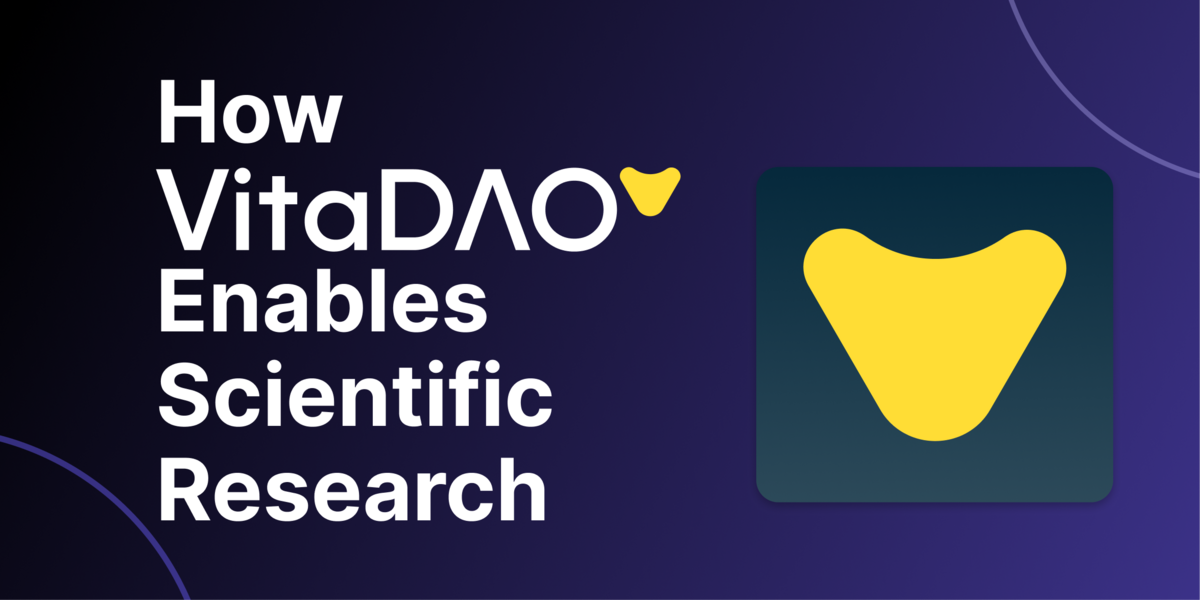
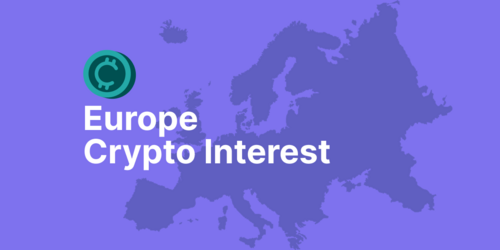
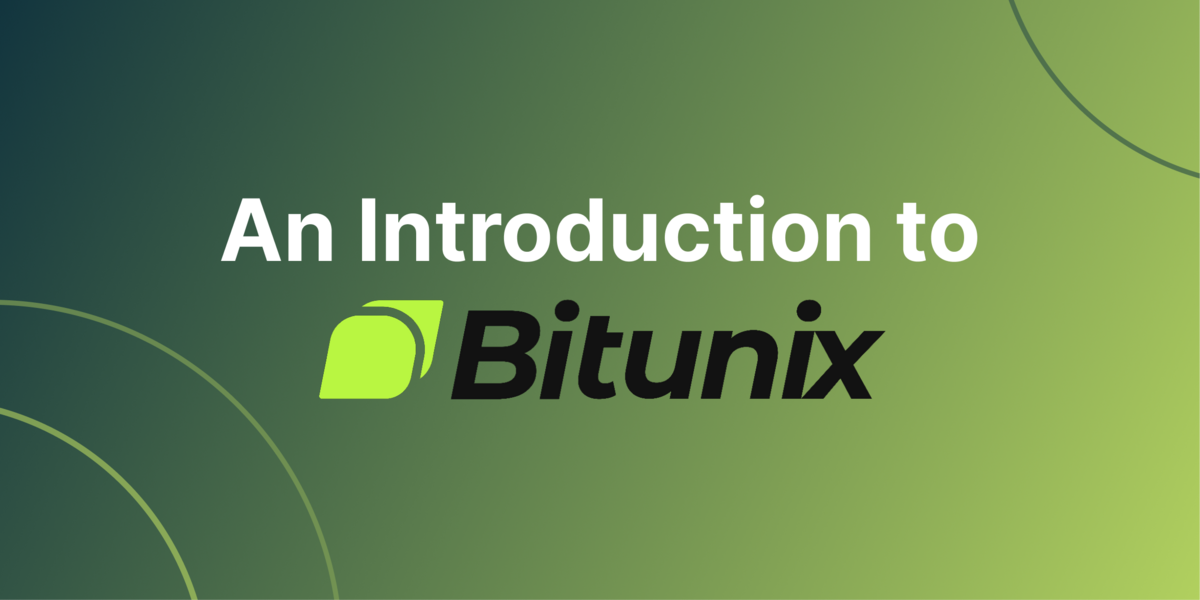

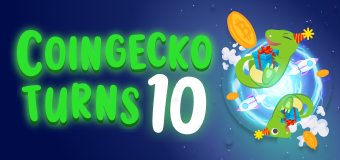


 Or check it out in the app stores
Or check it out in the app stores